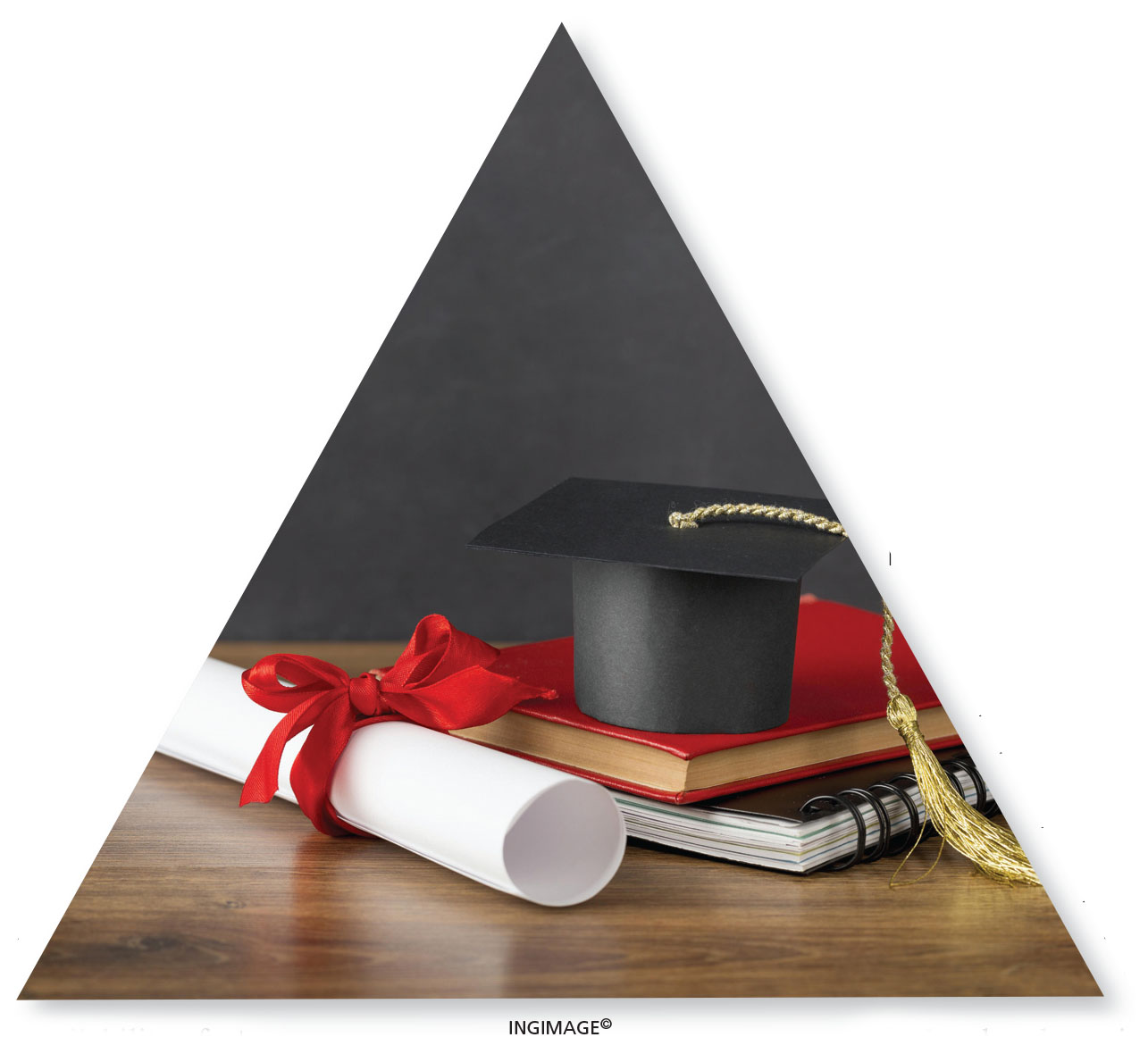EDUCATING SRI LANKA
WHITHER EDUCATION?
Credentials of tertiary education institutes must be scrutinised
BY Goolbai Gunasekara
Never has education in Sri Lanka been so disorganised. This is not entirely the fault of the Department of Education. The island’s bankruptcy and the COVID-19 pandemic have added to the turmoil.
Many children in outstation schools are not receiving an education. Lack of money, jobs, building and road maintenance, transport and teachers are among the problems facing the lower and middle classes. Add to this, the budget allocation for education is abysmal.
The following advice is for students in cities who have access to foreign-based tertiary education.
Parents face the problem of education after secondary schooling is over. Universities in Sri Lanka are known to cater mostly to the lower and lower-middle classes. Others look for alternatives, which are now being provided by various organisations in collaboration with foreign universities and polytechnics. Some of these are good but many aren’t.
Let us take a hard look at the availability of tertiary education in the country apart from the sorry state of our universities. Let’s take the example of an academically clever child without the means to study overseas.
Such a child examines the courses available in Sri Lanka and is in a morass of puzzlement. He or she doesn’t want to study at any university in the country since they’re not pleasant places. Furthermore, children who have sat foreign exams are not eligible to enter local universities – nor do they want to.
So what are they to do? Who will guide them in their quest for further studies? Do the principals of many government schools know what alternatives are available for their qualified students who have no intention of entering local universities?
Sadly, many parents are not taking the right advice. Foolishly, they ask friends what their children are doing and follow suit without checking properly.
Even parents of children in private and international schools can be fooled. Local tertiary education institutions that are successful locally but poorly rated overseas bear mute testimony to the gullibility of parents who fall for successful advertising by such establishments.
The government is mainly to blame because it doesn’t bother to check the credentials of these worthless private institutes that offer tertiary courses. It is falling for a sort of academic bribery that allows educational charlatans to continue making money and turn out unemployable students with only a locally awarded degree.
Before deciding on the educational institution, parents should seek the following information…
What are the credentials of the owners of these institutions – and is there genuine proof that they are eligible to conduct effective courses?
Do the local lecturers possess adequate qualifications that are equal to those of their counterparts abroad?
Are the exams conducted by recognised foreign universities and polytechnics? Or are certificates simply given by local bodies, which can pass or fail students arbitrarily? And are these certificates blindly recognised as being adequate? What are the required grades to enter such institutes?
Are the exams conducted by local tertiary education institutions graded or checked by the universities in whose name the degrees are given? The good institutes in Sri Lanka do this and their degrees are valuable.
Parents should be quite sure that these conditions are met when choosing an educational institute for their children. Otherwise, the course of study is expensive and ultimately worth nothing.
When I was the principal of an international school, a student who had gained four As at the London A-Level exam joined a certain institute without seeking my advice. To his horror, he found that the boy seated next to him was a classmate who had scored four Fs the same year.
The boy realised that he was in the wrong place. Unfortunately, he had already paid a term’s fees and there was no refund policy. Fortunately, his parents could absorb the loss and he soon changed institutions.
So what is happening?




